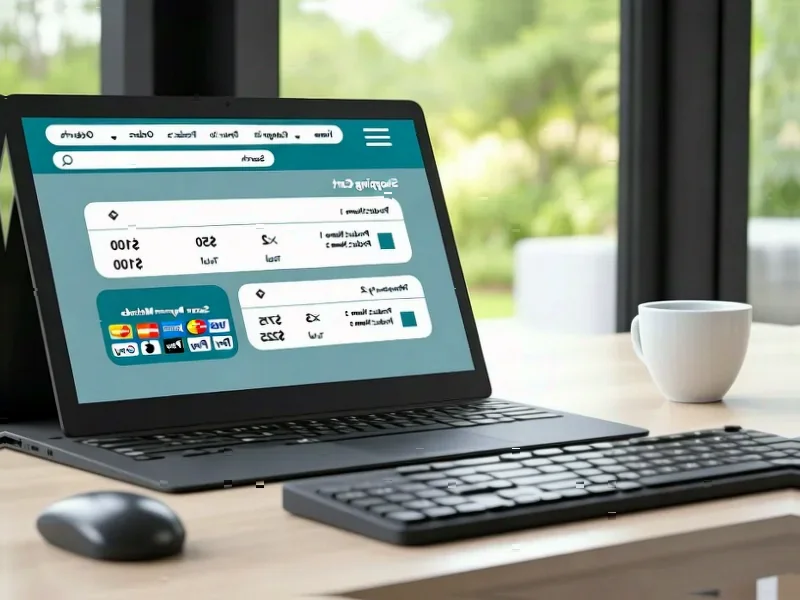According to Forbes, AI token costs have dropped from approximately $36 per million tokens two years ago to around $4 per million today—a 90% reduction that should have led to lower spending. Instead, organizations are experiencing a “token paradox” where usage has surged dramatically as companies shift from simple question-answering AI to autonomous agentic workflows. In healthcare, where medical practices process a median of 43 authorization requests weekly requiring 12 staff hours, agentic AI can handle complex authorization processes that consume tens of thousands of tokens per case. Similarly, in accounting, with 75% of CPAs expected to retire within 15 years, firms are turning to AI agents that reconcile thousands of transactions while consuming exponentially more tokens than traditional systems. This shift explains why 90% of IT executives now express interest in agentic workflows despite skyrocketing token consumption.
The Real Economic Shift: From Cost Center to Value Generator
What the token paradox reveals is a fundamental misunderstanding about how businesses should measure AI ROI. Traditional thinking focused on minimizing computational costs—treating AI as an expense to be optimized. But agentic AI transforms computation from a cost center into a value generator. When an AI agent can operate continuously for $1.50 per hour—far below minimum wage—the economic calculation flips entirely. Organizations aren’t paying for tokens; they’re paying for outcomes that were previously impossible or prohibitively expensive. This represents the same kind of paradigm shift we saw with cloud computing, where the ability to scale infrastructure on demand enabled entirely new business models rather than just reducing existing IT costs.
Stakeholder Winners and Losers in the Agentic Revolution
The transition to agentic AI creates distinct winners and losers across the business ecosystem. Mid-sized companies stand to benefit disproportionately, as they can now afford automation that was previously only accessible to enterprise-scale organizations with massive IT budgets. However, this creates challenges for traditional outsourcing markets—the accounting firms in India or the medical billing centers in the Philippines that currently handle these workflows face existential threats. Meanwhile, according to the Agentic AI Report, IT executives who successfully navigate this transition become strategic leaders rather than cost managers, while those who continue optimizing for token efficiency risk being left behind.
The Hidden Infrastructure Challenge
While the economics appear straightforward, the operational reality is more complex. Agentic systems don’t just consume more tokens—they require sophisticated orchestration, monitoring, and fail-safe mechanisms. A single healthcare authorization agent making hundreds of model calls needs robust error handling and audit trails. The $6 billion annual burden of prior authorization on payers represents not just cost but complexity that AI must navigate reliably. Companies underestimating these implementation challenges may find their token bills are the least of their problems when agents make incorrect decisions or get stuck in infinite loops.
The New Competitive Landscape
The most significant impact may be on industry competition dynamics. When AI can operate continuously below human labor costs, the traditional advantages of scale diminish. A small insurance company with well-designed agentic systems can process claims as efficiently as industry giants. This levels the playing field in unexpected ways while creating new moats around AI implementation expertise. The competitive advantage shifts from who has the most resources to who can most effectively design, deploy, and manage autonomous systems that generate value from computational consumption.
The Human Capital Imperative
Paradoxically, as AI becomes cheaper to operate, human expertise becomes more valuable—just in different roles. The organizations succeeding with agentic AI aren’t replacing people with machines; they’re redeploying human intelligence to higher-value tasks. Rather than having staff spend 12 hours weekly on authorization paperwork, healthcare organizations can redirect that human capital to patient care and complex case management. The accounting firms facing a retirement crisis can focus their remaining CPAs on strategic advisory work while AI handles routine reconciliation. The real opportunity isn’t labor reduction—it’s labor transformation.




